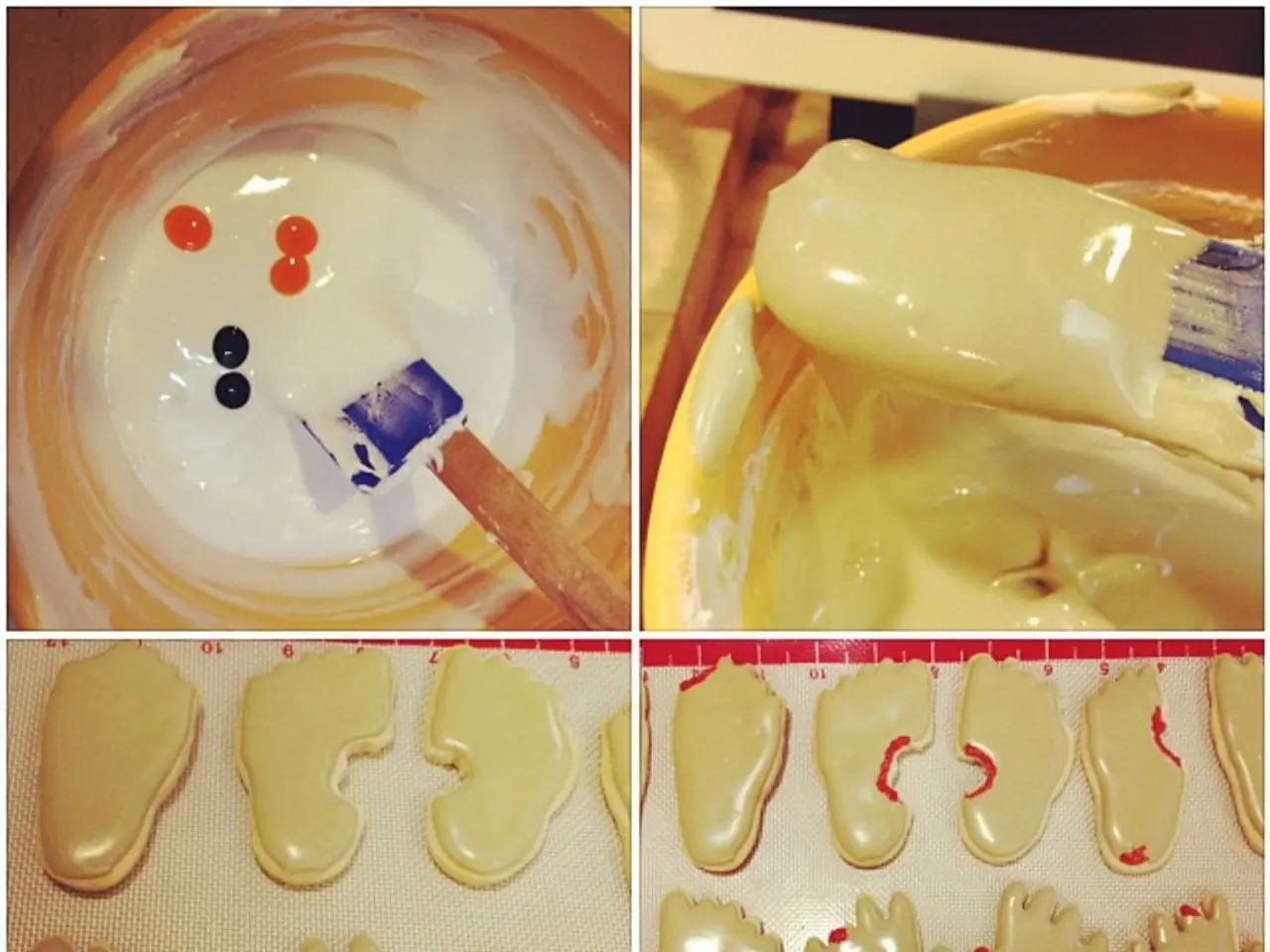Connection Between Black Mold and Depression
Mold, a type of fungi that plays a crucial role in breaking down dead organic materials, can be found in various areas of homes such as insulation, dust, wallpaper, carpet glue, and dirt. While it is beneficial in the natural environment, in homes, it can pose a health risk, especially when it thrives in warm, damp, and humid conditions.
One of the most concerning types of mold is Stachybotrys chartarum, commonly referred to as "black mold" or "toxic mold." This mold produces mycotoxins called trichothecenes, which can cause health issues through skin contact and inhalation. These toxins are believed to contribute to a wide spectrum of symptoms, including respiratory inflammation, immune system disturbances, and, interestingly, mental health symptoms such as brain fog, anxiety, and concentration difficulties.
Mold toxicity is believed to present as a syndrome with various symptoms in vulnerable people, particularly affecting the brain and nervous system. Symptoms include poor memory, anxiety, depression, insomnia, apathy, confusion, mood swings, vertigo, and cognitive difficulties.
A study involving 5,882 adults found that people who lived in homes with mold were 34%-44% more likely to have depression than those not living in homes containing mold, even after accounting for other important factors. However, the link between mold and depression is a controversial subject in medicine, with some professionals believing that mold toxicity may be behind some cases of depression, and others not recognizing such a link.
If you see visible mold in your home, it's advisable to take action to remove it from your environment. Home removal of mold can be done using bleach, baking soda and vinegar solutions, and safety equipment such as a respirator, gloves, long-sleeved shirt, and pants. For severe mold infestations, professional mold testers and removers may be needed.
Conventional doctors are unlikely to consider mold as a cause of illness due to the lack of gold standard testing, few human studies, no standardized treatment, varying symptoms, and not all people reacting to mycotoxins. However, doctors practicing holistic or alternative medicine may suspect mold as the cause of depression and use natural binders, probiotics, or antifungals for treatment.
It's essential to note that a 2017 review found no evidence linking mold exposure to autoimmune disease. If you have depression, consider discussing different types of treatment with a healthcare professional.
Bringing a dehumidifier into the home can help reduce the humidity that allows mold to thrive and colonize. By maintaining a dry environment, you can help prevent mold growth and potential health issues.
In conclusion, while the link between mold and depression is a subject of ongoing debate, it's clear that mold can have detrimental effects on health. If you suspect mold in your home, taking action to remove it is advisable. If you are experiencing symptoms of depression, discussing potential causes with a healthcare professional is always a good first step.
Read also:
- Peptide YY (PYY): Exploring its Role in Appetite Suppression, Intestinal Health, and Cognitive Links
- Toddler Health: Rotavirus Signs, Origins, and Potential Complications
- Digestive issues and heart discomfort: Root causes and associated health conditions
- House Infernos: Deadly Hazards Surpassing the Flames








